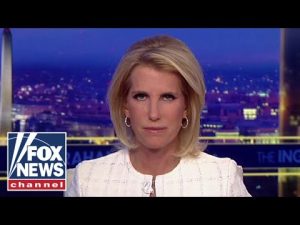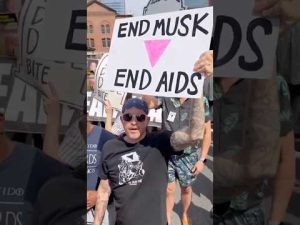**Gold Rush: Nations Turn to Precious Metal Amidst Economic Uncertainty**
In the modern world of finance, gold is shining brighter than ever. Nations around the globe are racing to secure their gold reserves, and in 2024, central banks added over 1,000 tons of this precious metal to their coffers. This marks the third consecutive year of net gold buying, highlighting a significant trend in the global economy. Amid rising inflation, reckless spending, and fluctuating markets, it appears that gold’s age-old status as “real money” is being revived.
Why is gold making a comeback, you may ask? Simply put, gold tends to hold its value, unlike the paper currency that can evaporate faster than a snowman at a summer barbecue. When inflation rates soar and market crashes happen, gold remains a stable investment, offering security when everything else seems shaky. For those considering dipping their toes into the world of gold investments, Noble Gold offers an easy entry point. With a qualified investment, you could even snag a free 1/10th oz gold coin, making the venture that much sweeter.
As national banks are securing their gold, it’s crucial for individuals to ask themselves whether they should be joining this gold rush. With uncertainties looming over the financial landscape, it might be time to reconsider the benefits of diversifying one’s portfolio. After all, much like a well-balanced meal, a balanced investment strategy can help one withstand the curveballs that economic fluctuations may throw.
But it’s not just gold fueling discussions. In a recent heated debate, opinions about citizenship have made waves, particularly concerning President Trump’s executive order aimed at overturning birthright citizenship. The conversation has reignited a long-standing debate about what it truly means to be a citizen in the U.S. Those in favor of the order argue that citizenship should not be granted to just anyone who happens to cross the border or board a flight. They believe that earning citizenship should come with responsibilities and sacrifices, rather than merely being a “frisbee” tossed around.
On the flip side of the debate, voices emerge insisting that the children born in the U.S., even if their parents are undocumented, should not be penalized for decisions made by their parents. This viewpoint emphasizes that children, often being the innocent bystanders in these discussions, should not face the consequences for which they had no control. After all, as the conversation reveals, citizenship is increasingly viewed as a social compact, with deep historical roots and emotional significance.
In essence, the episode encapsulates a microcosm of America’s deeper struggle with identity—much like the gold debate, where the precious metal symbolizes stability and value amidst chaos. The discussions on citizenship evoke questions about values and responsibilities in American society. Both dialogues underscore a fundamental truth: whether it’s about gold or citizenship, people want certainty and clarity in an uncertain world.
Ultimately, the trends in gold buying and the discussions on citizenship reflect the ongoing quest for stability in a rapidly changing environment. As gold continues to shine as a preferred asset for national banks, individuals might want to take a page from their book. Meanwhile, the debates surrounding citizenship illustrate the complexities of American identity in the face of ever-evolving narratives. As we move forward, one cannot help but wonder how these discussions will shape the future of both our economy and our national fabric.







